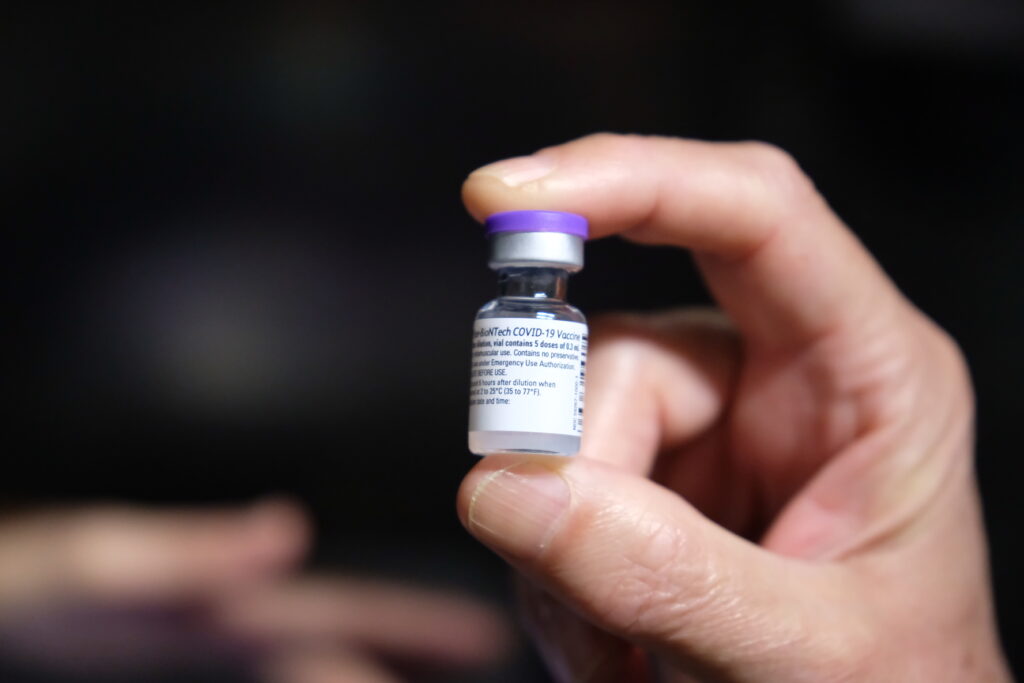The European Commission formalized today, 20 May, the acquisition of 1,8 billion doses of the anti-covid-19 vaccine from BioNTech/Pfizer to fight the variants of SARS-CoV-2, which should reach the European Union (EU) in 2022 and 2023.
In a statement, the community executive indicated that “it signed today a third contract with the pharmaceutical companies BioNTech/Pfizer, through which it reserves 1,8 billion additional doses on behalf of all EU Member States, between the end of 2021 and 2023'.
At issue is the "purchase of 900 million doses of the current vaccine and a vaccine adapted to the variants, with the option of purchasing an additional 900 million doses", stating that "delivery to the EU must be guaranteed from the beginning of supply in 2022”, adds the institution.
It is also defined that the production of these doses (both complete and of the components) is based in the EU, with the pharmaceutical company ensuring "timely delivery of vaccines", as it has been happening, notes Brussels.
The community executive justifies that he bet on this vaccine because it has a "solid scientific evaluation, the technology used, the experience of companies in vaccine development and its production capacity to supply the entire EU."
Based on messenger RNA technology, which transfers instructions from DNA to the cellular mechanisms responsible for producing proteins, the Comirnaty vaccine (brand name for the Pfizer/BioNTech vaccine) is one of four approved in the EU, to which the drugs from Moderna are added. , Vaxzevria (AstraZeneca's new drug name) and Janssen (Johnson & Johnson group).
Quoted in the press release, European Commission President Ursula von der Leyen calls this new contract with Pfizer/BioNTech “good news”, as it aims “a long-term fight to protect European citizens against the virus and its variants».
The official added that "potential contracts with other manufacturers will follow the same model, for the benefit of all."
The European Center for Disease Prevention and Control (ECDC) online tool for tracking EU vaccination and based on notifications from Member States reveals that so far an average of 16% of the EU population is fully inoculated (with the two doses of the covid-19 vaccine), while about 38,8% received the first dose.
In absolute terms, this equates to 199 million doses of vaccines administered out of 231 million doses received, with ECDC data always depending on country communications.
In addition to the constant delays in the delivery of vaccines and in doses below those contracted by the pharmaceutical company AstraZeneca, the EU vaccination campaign has been marked by rare cases of side effects such as blood clots after taking this drug, a relationship confirmed by the European regulator, such as in fact it happened with the Johnson & Johnson vaccine.
The Pfizer/BioNTech vaccine has been the most sought after by the European Commission to overcome these problems and keep up the pace of vaccination in the EU.



















Comments